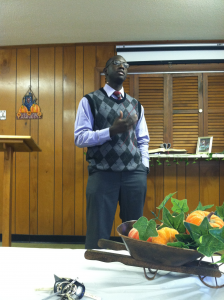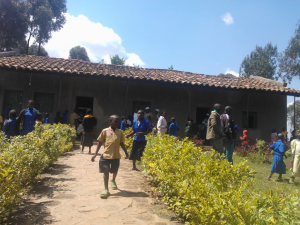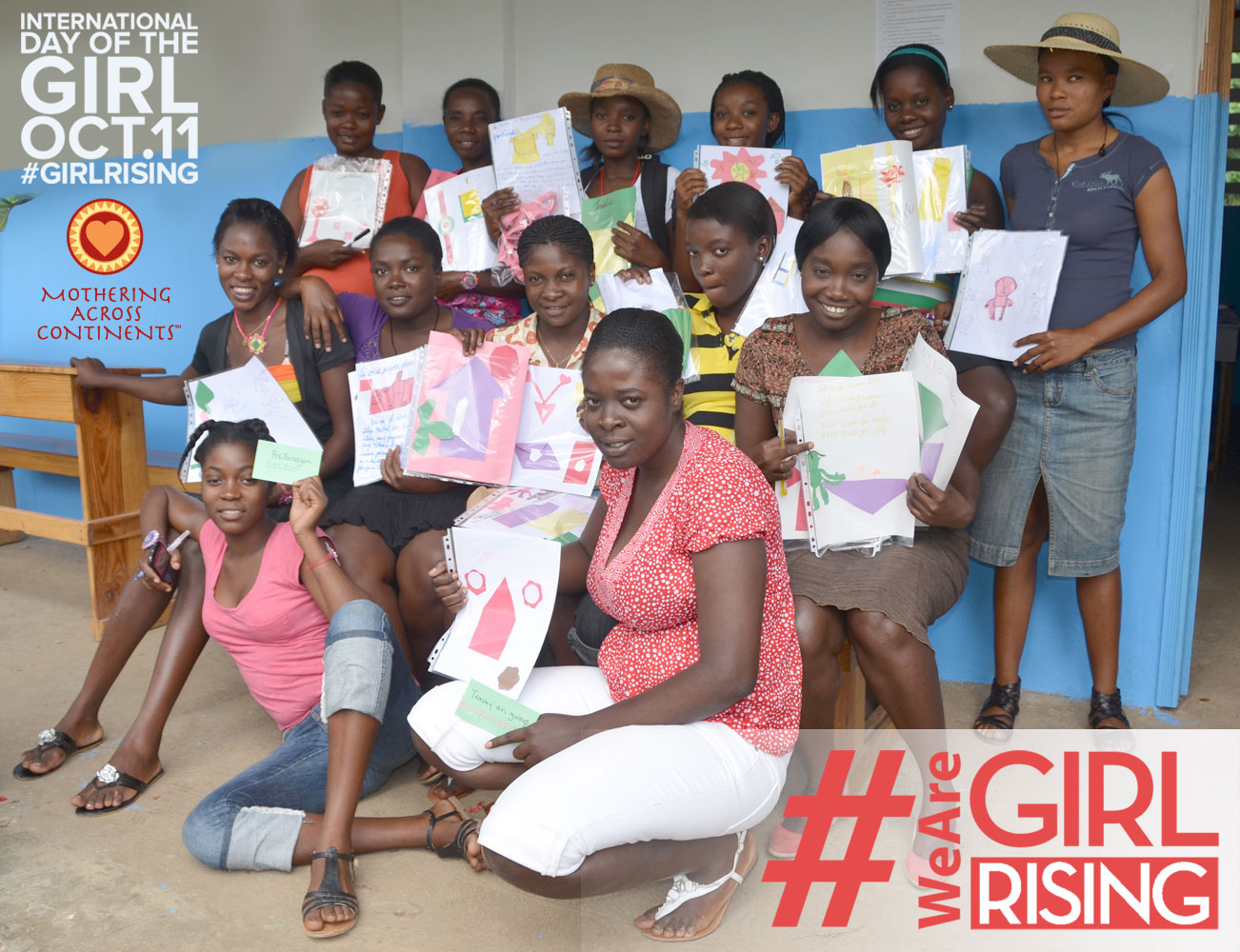Alas, we won’t be meeting His Holiness the Dalai Lama.
Even when we don’t “win,” we love writing grant and contest applications. The experience forces you to define and re-define what you’re trying to do in the world, how you will go about it, and results for which you aim. If we hadn’t recently entered the Compassion & Technology Contest from Stanford’s Center for Compassion and Altruism Research and Education, we may not have discovered this wonderful quote from center director Prof. James Doty: “[Compassion] . . . is that key that will address the issues that we all think are isolated issues, such as global warming, war, conflict, poverty . . . These are problems of the human heart.”
That one quote again affirmed that we’re on the right track with our program The Global Class & Any1Can Project, which helps teachers and students become familiar with seven complex global issues that touch every community on the planet: poverty, education/literacy, hunger/nutrition, water/infrastructure, environment/sustainability, social attitudes/prejudice (tolerance) and peace/conflict resolution.
In our application, we made the case that schools help infuse youth with a spirit of responsibility and skills to engage in service projects. However, studies by the Corp. for National & Community Service indicate that during the 2000s, the percentage of schools integrating service learning into classroom academics declined. Service is widespread, but not service learning – with calls for investigation, preparation/planning, action, reflection and learning demonstration/communication. Fewer principals and teachers engage in and sustain academic-based service learning (especially global service learning) when faced with budget cuts, lack of easily accessible materials, and a sense of overwhelm.
We proposed transforming The Global Class & Any1Can Project Resource Guide into an iBook linked with an online learning management system. In 2012-13, more than 10,000 teachers utilized our Resource Guide and professional development support. Participating in the Compassion & Technology Contest helped us clarify how the Apple iBooks format could expand and add interactive flexibility to the Resource Guide as a unique, multi-touch format with video, diagrams, 3D objects and movies and facilitate engagement in Apple-compatible Smart classrooms and through Smartphones and mobile devices.
Perhaps, though, our biggest learning was how generous experts are with their time in an effort to make a difference to young people. We wouldn’t have dared apply if it weren’t for Adam S. Brooks, a professional who understands technology application to education pedagogy and extensive experience as a senior developer, learning content manager, and systems administrator on eLearning initiatives. He volunteered his time and counsel without hesitation. And we are grateful.
Now, we just need to find another way to get support and funding to put the idea to work!





